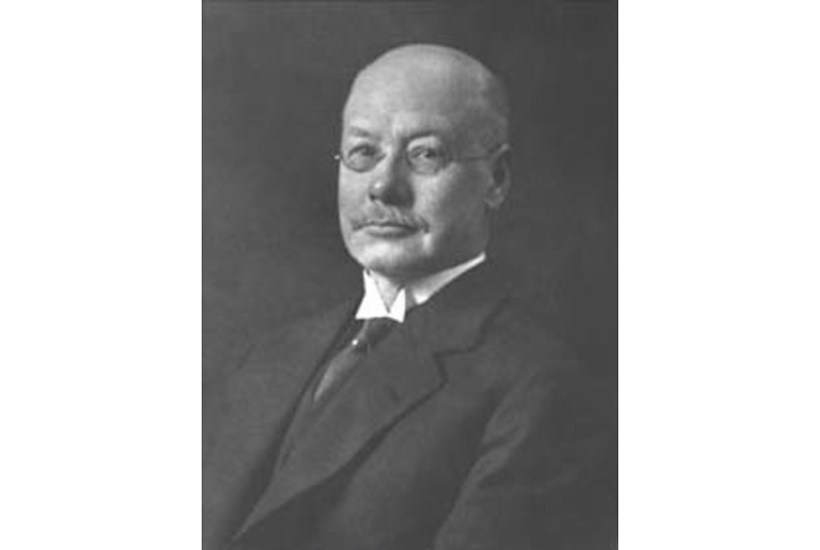Literary scandals – like actual scandals – come and go. Who now recalls, or indeed cares less about, the hoo-ha surrounding whether or not the professional huckster James Frey made stuff up in his much celebrated 2004 memoir A Million Little Pieces and then had the audacity to lie about it to Oprah Winfrey? Anyone remember JT LeRoy? Binjamin Wilkomirski?
Authorship debates, accusations of plagiarism, obscenity controversies, way-out wacky and appalling author behaviour, rivalries, forgeries – they all tend to be storms in teeny-tiny, super-fragile, already half-cracked literary teacups that soon subside and slip from the gossip columns and the culture...
Already a subscriber? Log in
Subscribe for just $2 a week
Try a month of The Spectator Australia absolutely free and without commitment. Not only that but – if you choose to continue – you’ll pay just $2 a week for your first year.
- Unlimited access to spectator.com.au and app
- The weekly edition on the Spectator Australia app
- Spectator podcasts and newsletters
- Full access to spectator.co.uk
Unlock this article
You might disagree with half of it, but you’ll enjoy reading all of it. Try your first month for free, then just $2 a week for the remainder of your first year.








Comments
Don't miss out
Join the conversation with other Spectator Australia readers. Subscribe to leave a comment.
SUBSCRIBEAlready a subscriber? Log in